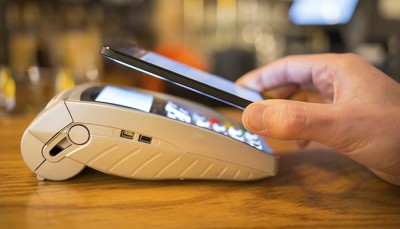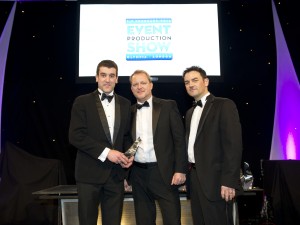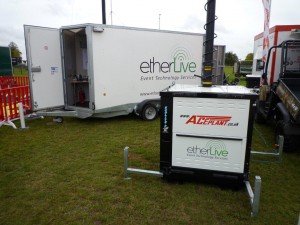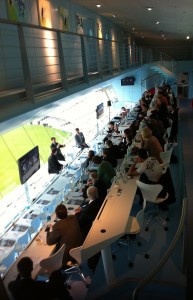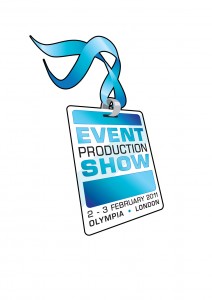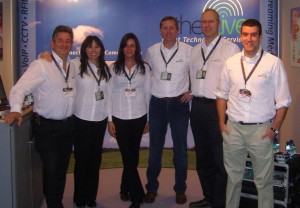“Smartcard to wipe out cash”, a headline which sounds like it may have been used any time in the last few years, is actually taken from the Evening Standard in 1993 just before the launch of Mondex, one of the earliest smart card cashless payment systems.
Launched in Swindon, UK Mondex promised to revolutionise payments using what today is known as a ‘closed loop’ system where money is transferred to a smart card containing a chip and the card is then used to pay for items using a special reader until the virtual cash is used up.
It sounded great and launched to much fanfare but four years later it quietly disappeared never to be heard of again. Its lack of success is generally cited as being down to the hassle of loading the cash, the limited locations at which it could be used and the infrastructure required to support it. Soon after this chip & pin started to emerge offering an ‘open loop’ solution whereby the cash is debited directly from your bank account and within a few years this became the norm.
Skip forward twenty years and it feels like we are seeing history repeat itself.
For the last five years or so the talk of cashless payment at events has fuelled many a debate but the implementation and adoption in the UK at least has been very slow and fraught with issues. The basic idea has been the same as Mondex all those years ago – a closed loop system with the chip (now wirelessly contactable) typically embedded in a wrist band rather than a card.
Many of the same challenges still exist today – the hassle of adding credit to the wristband, the dedicated infrastructure required, limited areas of acceptance and redeeming unused balances. Then there is the user aspect, many of the benefits are for the organiser and promotor rather than the attendee. This is coupled with attendees having concerns about too much information being made available to the event about their purchases and payments.
The aforementioned issues with closed loop systems have allowed the next generation of open loop contactless systems to gain adoption at a much faster rate. Open loop contactless using an existing debit or credit card is a natural progression from chip & pin and removes many of the hurdles seen with closed loop. It is quite telling when one of the world’s largest closed loop systems – Transport for London’s Oyster card – is now moving to an open loop approach.
What is interesting is that in some countries there has been higher adoption of closed loop – the US for example. The US were much faster to the chip & pin party but have been behind the curve on contactless and this may have left a window for closed loop in the short term.
The question is where does this leave events who have several drivers to move to a cashless environment. With the rapid adoption of open loop contactless in day to day life coupled with several disrupters like Apple Pay, Android Pay and PayPal Here, all of which use an open loop approach with NFC (Near Field Communications) embedded in smart devices, the modern generation of event goers will move to the trusted services and closed loop will quietly die away.
What remains is the challenge at events in terms of how to deal with smart reader based payments as the infrastructure cost can be a hurdle to adoption. There are several components to this:
Universal Payment Terminals – The banking world needs to move faster in providing good quality payment terminals that are certified across multiple methods of communication (wired, Wi-Fi & mobile data) and multiple payment methods (chip & pin, contactless & NFC). Today different terminals have to be used depending on the connection method and payment type which means merchants have to hire terminals for use at events because they cannot use their normal terminal. A universal terminal would also make deployment on event sites much easier and cost effective.
Merchant IDs – Many smaller traders at events do not have the magic ‘Merchant ID’ required to set-up card based payment terminals. Merchant IDs are controlled by payment houses and can be costly and complex for very small businesses so a better mechanism is needed to facilitate access to open loop systems for those traders. This sounds like an easy area but it has some complexities due to money laundering issues. Systems such as iZettle help with this but carry (generally) higher fees.
Access to Data – A difference between closed loop and open loop for a promotor or organiser is the ability to easily access usage data. As closed loop is in the control of the organiser they get full visibility (although this can be seen as a negative by attendees). With open loop the data is held by the payment providers so to get a better view across the entire event (involving many merchant IDs) some form of agreed consolidated reporting would remove the concerns organisers have about visibility.
Providing Infrastructure – Open loop systems tend to have a slightly higher requirement when it comes to readers being connected to a network (although many closed loop systems are not as offline as promoted). A modern event has such high requirements in other areas for connectivity that adding in payment systems is not the concern it once was. It is now well accepted that providing access to contactless card based payments drives a higher spend so it should be recognised that an increased spend on infrastructure will reap returns overall.
In the last few years we have seen a rapid swing to providing a resilient payment environment across events and the feedback is very positive – fast and easy transactions, and an increased spend by attendees. It just needs more support from the banking world to resolve the last few issues and make the cashless (or near cashless) event a reality.
Notes:


